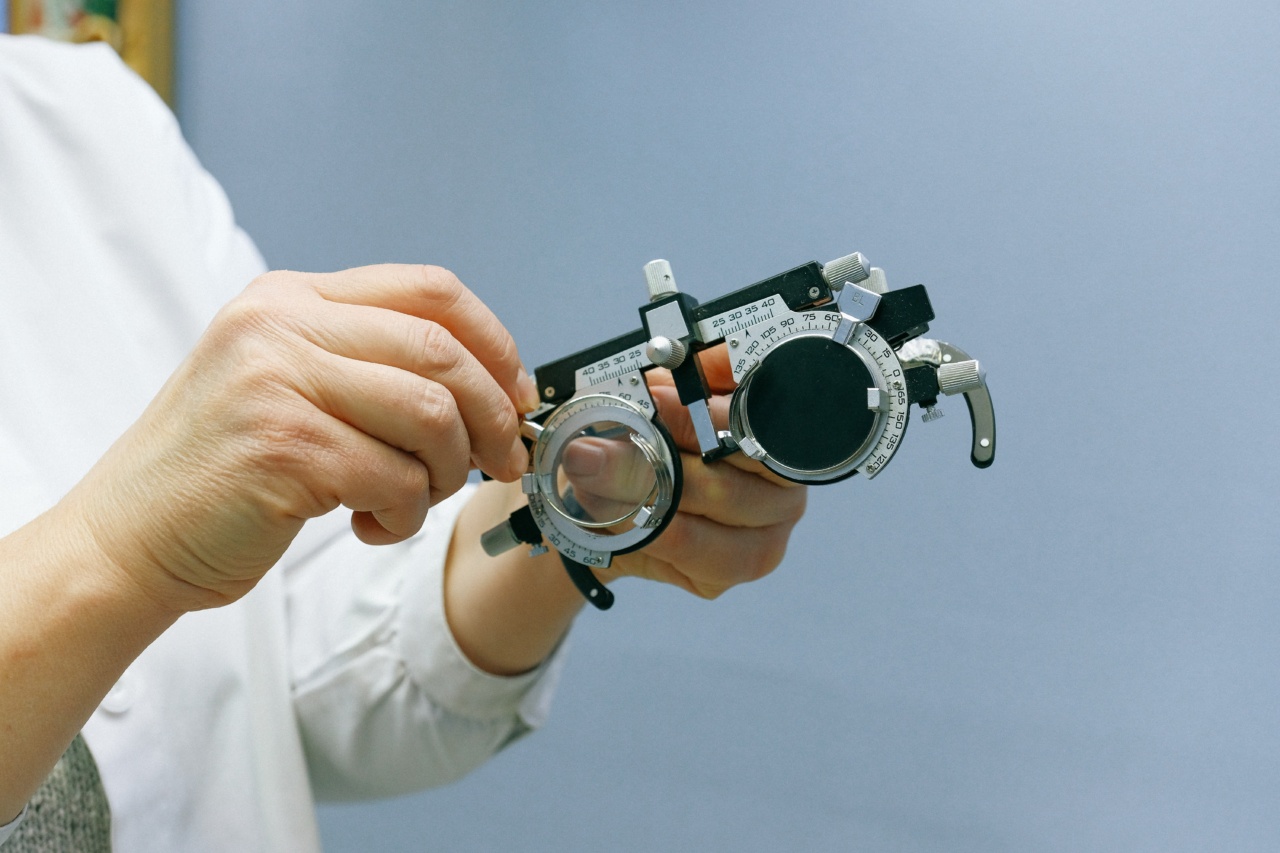Hearing loss is a common problem that affects millions of people around the world. It can occur due to various reasons, such as aging, exposure to loud noises, ear infections, or certain medical conditions.
However, many individuals are unaware of their hearing loss and continue to live with untreated hearing problems.
Why is it important to take a hearing test?
Taking a hearing test is essential for several reasons. First and foremost, it helps determine the degree and nature of your hearing loss. This information is crucial for the proper diagnosis and subsequent treatment.
In addition, identifying hearing loss early on can prevent further damage and enhance your overall quality of life.
Who should take a hearing test?
Hearing tests are recommended for everyone, regardless of age. It is never too early or too late to have your hearing checked.
While older individuals are more prone to hearing loss, younger people can also be affected, especially if they are exposed to loud noises frequently.
Moreover, individuals who experience symptoms like difficulty understanding conversations, frequently asking others to repeat themselves, turning up the volume on devices excessively, or having trouble following conversations in noisy environments should definitely get their hearing checked.
Types of hearing tests
There are several methods used to assess hearing abilities. The most common ones include:.
1. Pure-tone audiometry
This is the most basic and widely used hearing test. During this test, you will wear headphones while sitting in a soundproof booth. You will be asked to indicate when you hear different tones played at different pitches and volumes.
This test helps determine the softest sounds you can hear at various frequencies.
2. Speech audiometry
This test assesses your ability to understand speech. You will be asked to repeat words or sentences while the volume and clarity are adjusted. This helps measure your speech recognition threshold and the percentage of speech you can understand.
3. Otoacoustic emissions (OAEs)
This test assesses the ability of the outer hair cells in the cochlea to generate sounds. During the test, a small earphone or microphone is placed in your ear, and sounds are played.
The response from the cochlea is then measured to determine if it is within the normal range.
4. Tympanometry
This test evaluates the movement of your eardrum in response to changes in air pressure. It helps identify problems associated with the middle ear, such as fluid in the ears or a perforated eardrum.
5. Auditory brainstem response (ABR)
This test measures the brain’s response to sounds. Electrodes are placed on your scalp and earlobes to detect brainwave activity when sounds are played. It is primarily used for infants and young children.
The hearing test process
The hearing test process generally involves the following steps:.
1. Scheduling an appointment
Find a reputable hearing healthcare professional or clinic and schedule an appointment for a hearing test. They will guide you through the entire process and address any concerns you may have.
2. Initial consultation
During the initial consultation, you will discuss your medical history, any symptoms you have been experiencing, and your concerns. This information helps the healthcare professional tailor the hearing test specifically to your needs.
3. The test
Once the initial consultation is complete, you will proceed to the actual hearing test. The specific tests conducted may vary, depending on your symptoms and medical history. The tests are painless and non-invasive.
4. Test results
After the tests, the healthcare professional will explain the results to you. They will discuss the nature and severity of your hearing loss, if any, and recommend appropriate treatment options.
5. Treatment options
If hearing loss is detected, the healthcare professional will discuss several treatment options with you.
These may include hearing aids, assistive listening devices, or in some cases, referral to an ear, nose, and throat specialist for further evaluation.
The consequences of untreated hearing loss
Untreated hearing loss can significantly impact various aspects of life. Here are some consequences:.
1. Communication difficulties
Hearing loss makes it challenging to communicate effectively with others, leading to misunderstandings and social isolation.
2. Cognitive decline
Research suggests a link between hearing loss and cognitive decline, including an increased risk of conditions like dementia and Alzheimer’s disease.
3. Decreased quality of life
Hearing loss can diminish the overall quality of life by limiting the ability to enjoy conversations, music, television, and other auditory experiences.
4. Safety concerns
Hearing loss can compromise your ability to hear warning signals, alarms, and approaching vehicles, potentially leading to accidents or hazardous situations.
Take the Hearing Test Now for a Better Future
Do not delay taking a hearing test. Early detection of hearing loss can improve treatment outcomes and prevent further damage. Reach out to a hearing healthcare professional or clinic today to schedule your hearing test.
Your hearing health is essential, and taking action now will provide a better future for your overall well-being.































